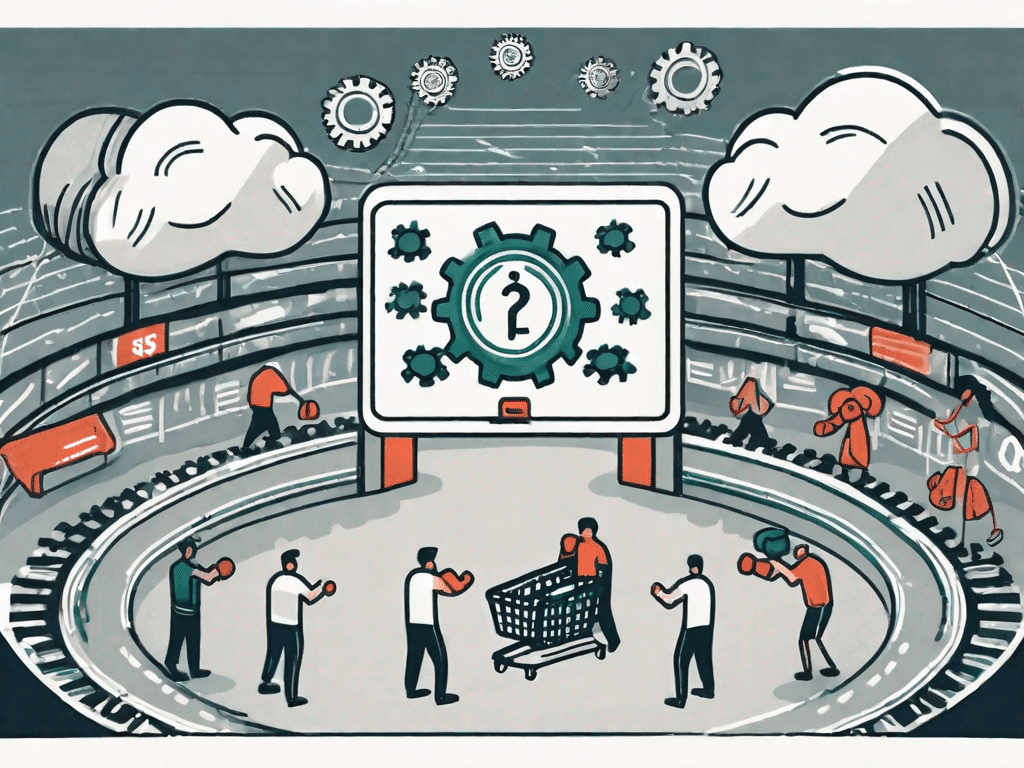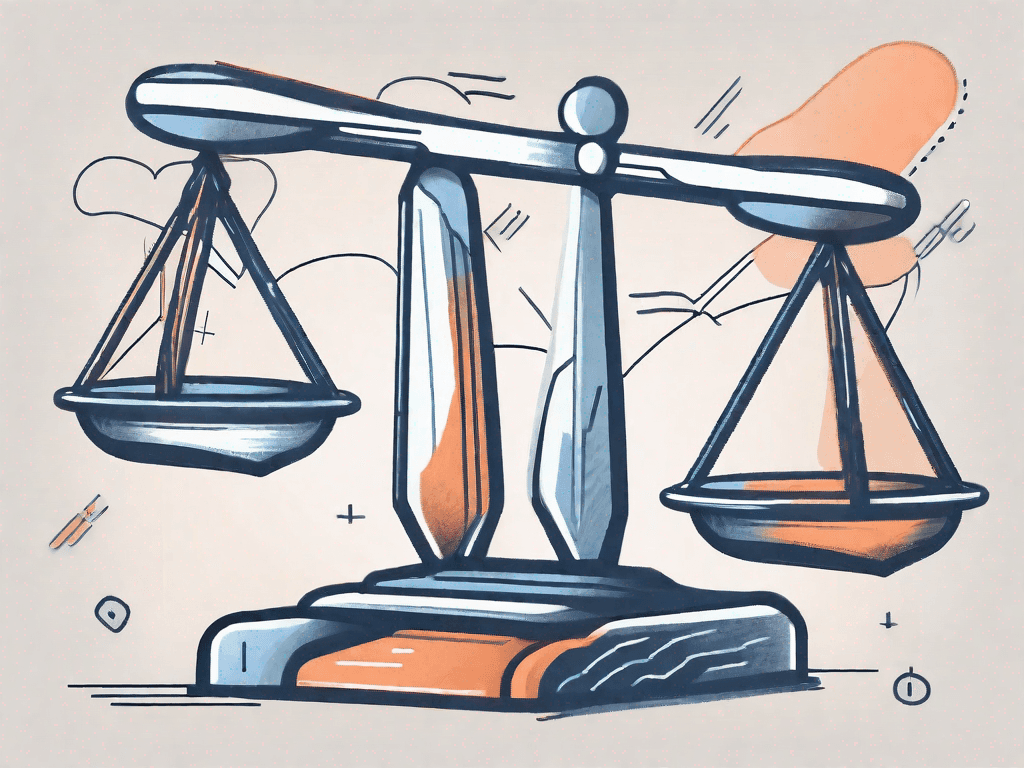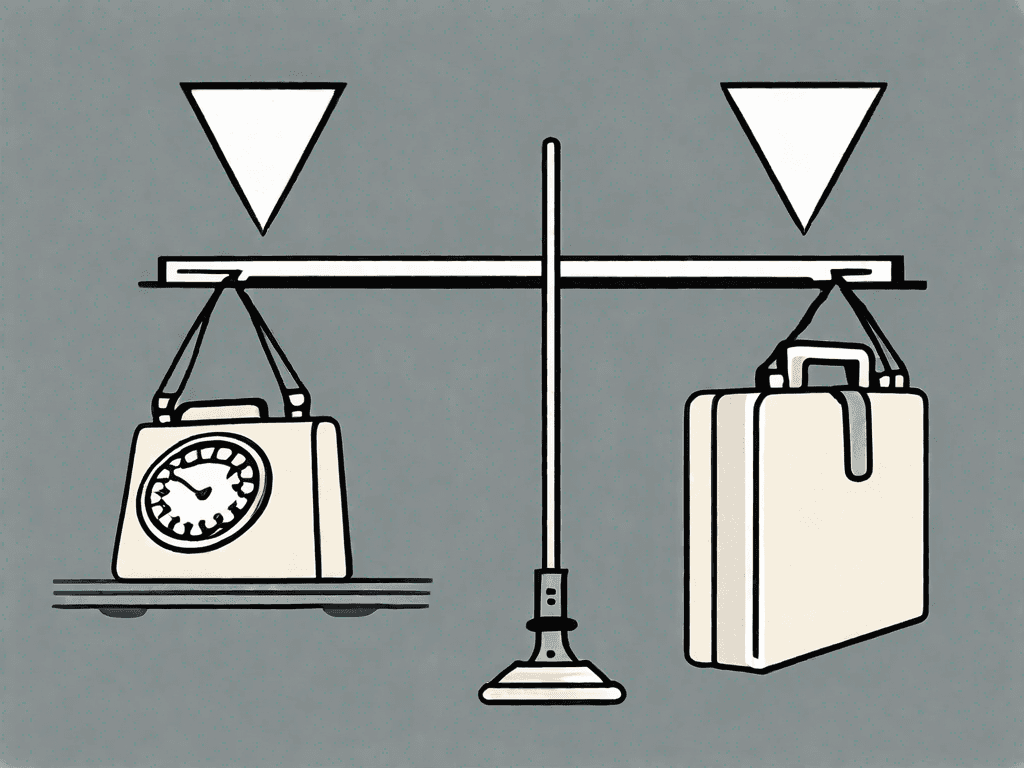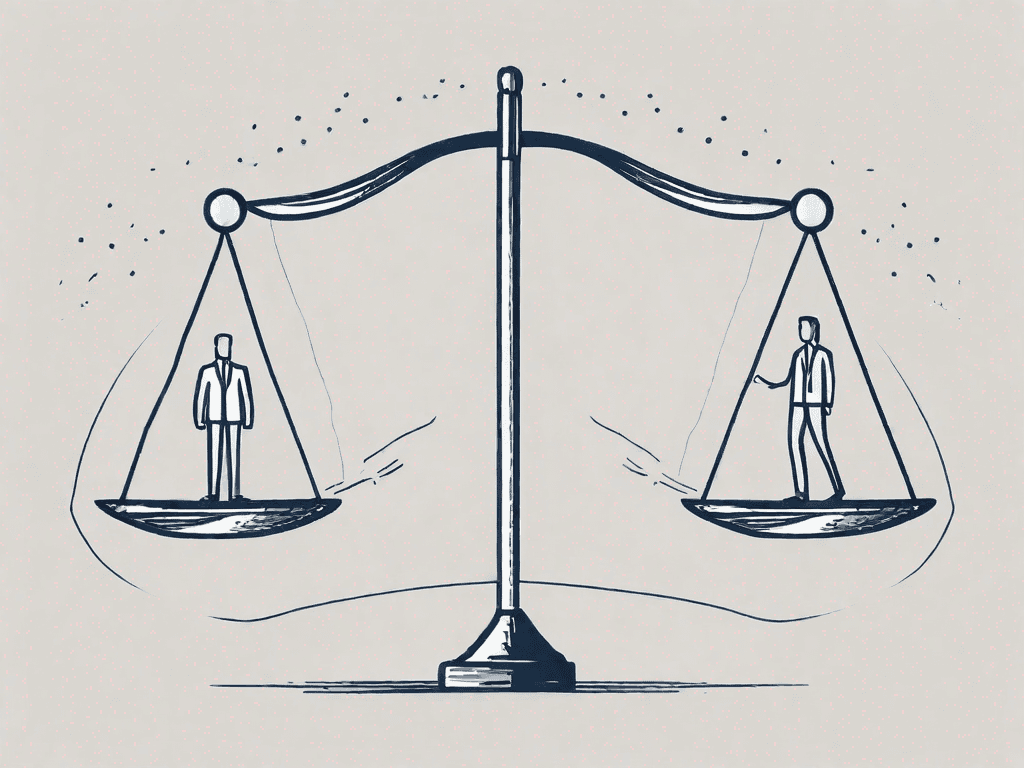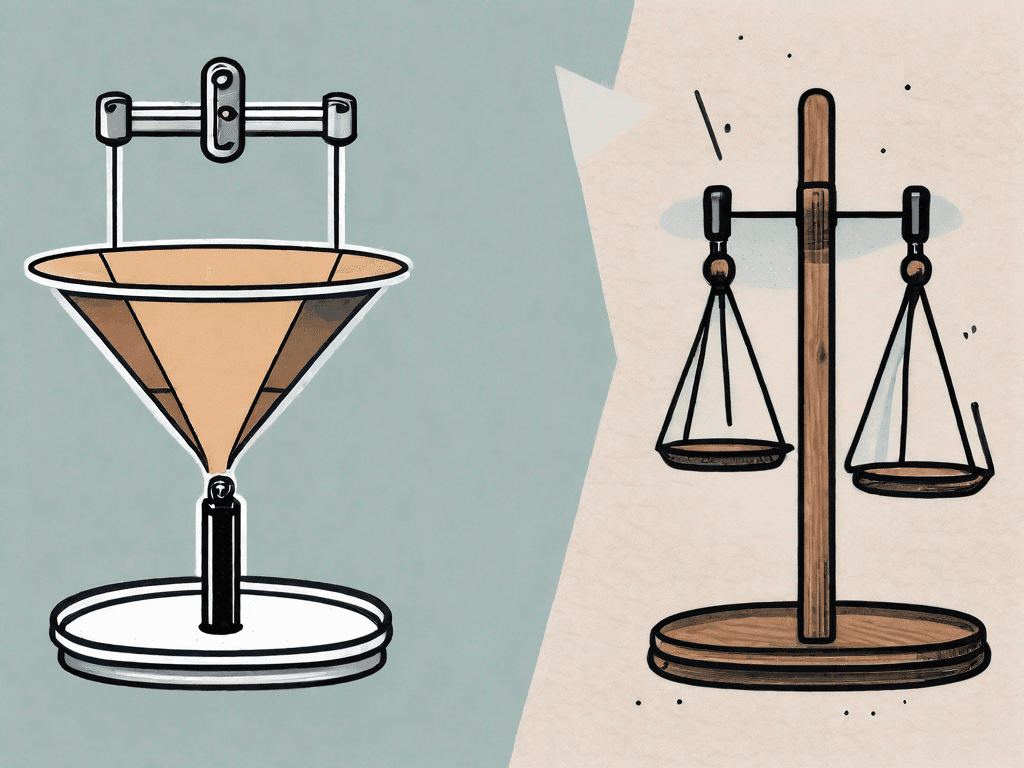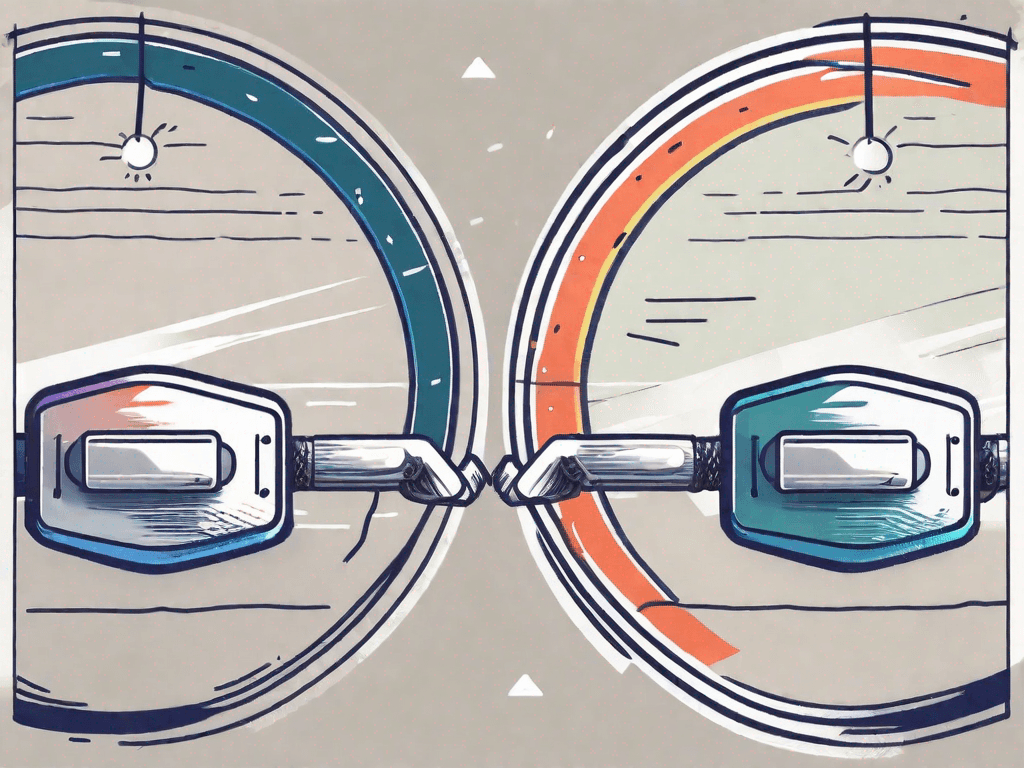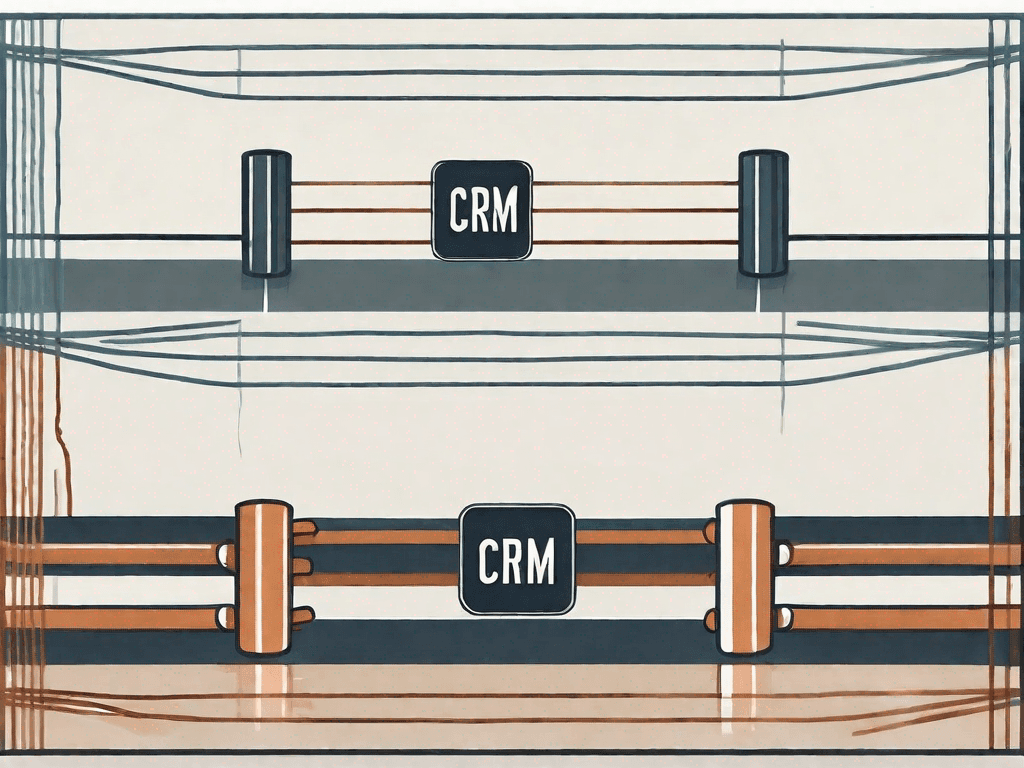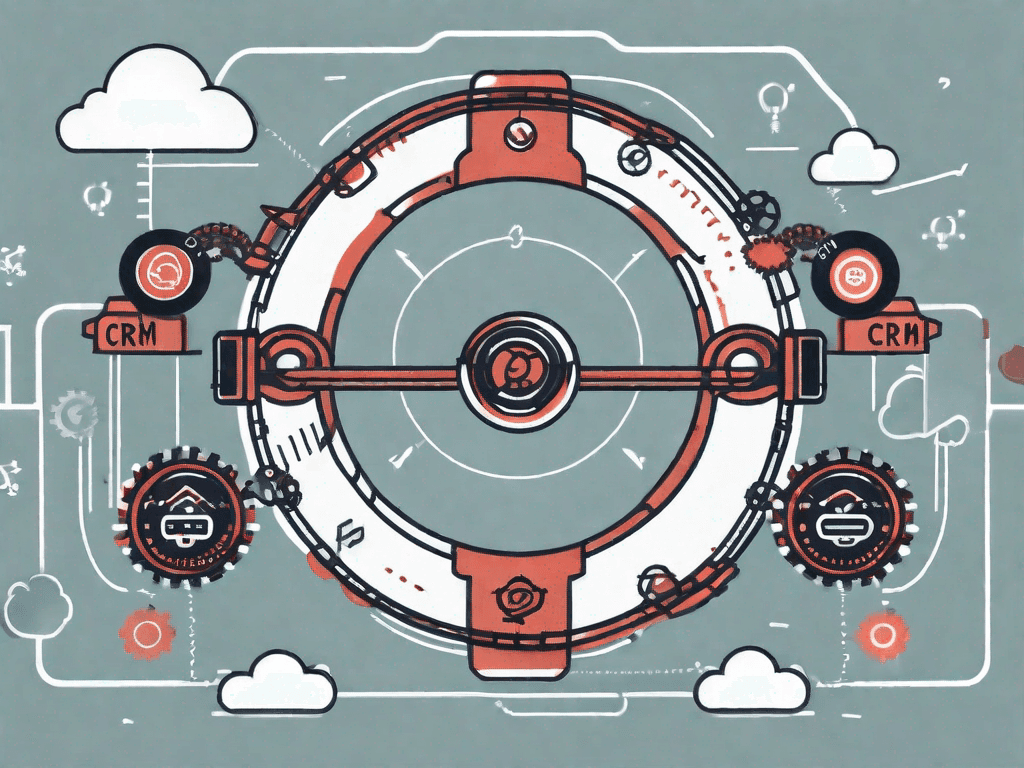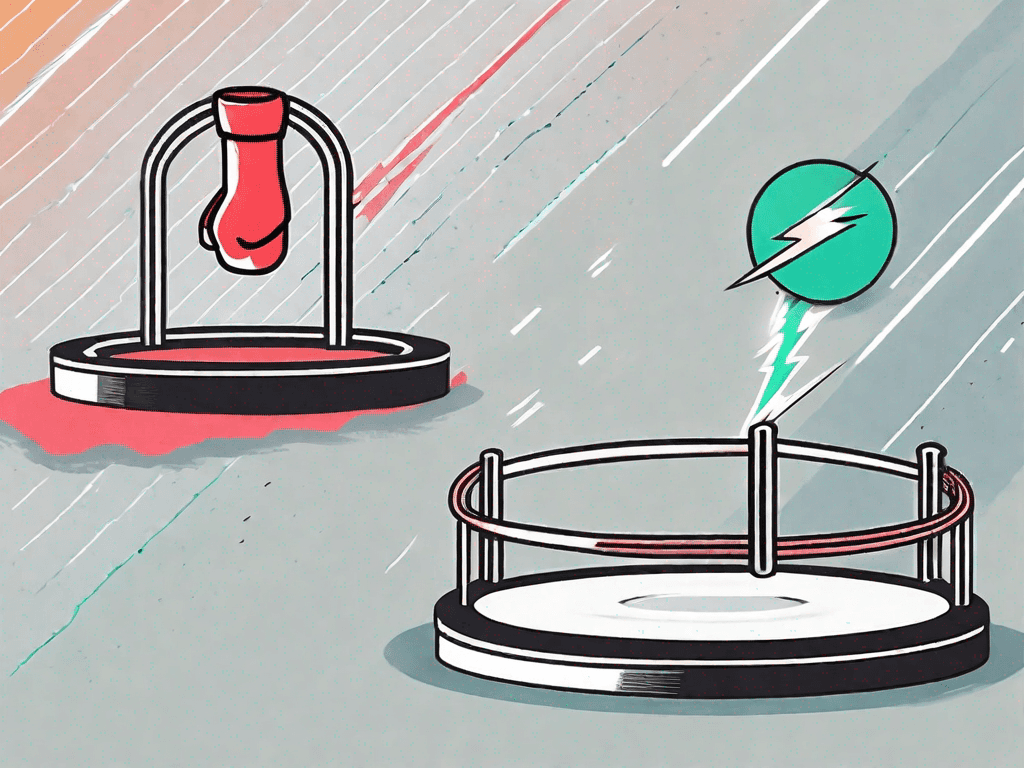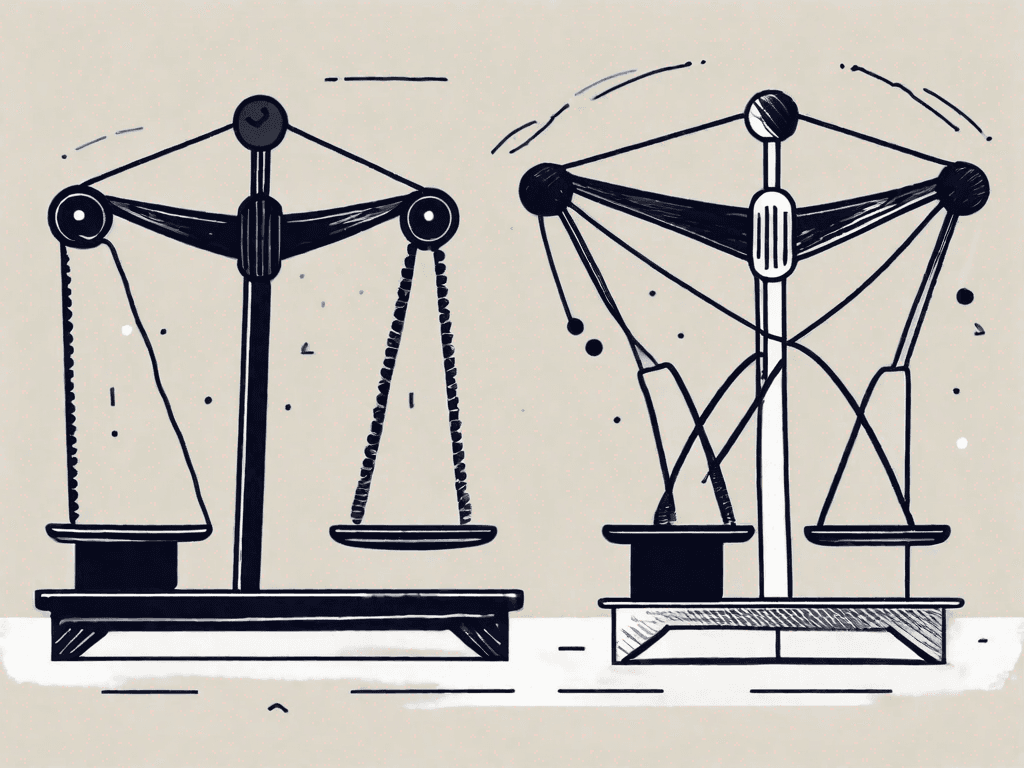
Hubspot vs Notion: Which CRM is the Best?
In today's digital age, having a Customer Relationship Management (CRM) tool is essential for businesses of all sizes. Two popular options that often come up in discussions are HubSpot and Notion. Both platforms offer unique features and benefits, but which one is truly the best? In this article, we will compare the pros and cons of HubSpot and Notion, examine their pricing structures, explore their integrations, and help you determine which CRM is the best fit for your business
Pros and Cons of HubSpot and Notion
1. Pros of HubSpot
HubSpot is a well-established CRM platform known for its comprehensive set of features. One of its main strengths is its robust marketing automation tools, which help businesses streamline their marketing efforts and drive more leads. Additionally, HubSpot offers excellent customer support, with live chat, email, and phone options available. This ensures that users can quickly get the help they need when faced with any issues or questions.
Furthermore, HubSpot integrates seamlessly with popular third-party tools, such as Salesforce, WordPress, and Mailchimp, allowing businesses to consolidate their workflows and data in one centralized location.
1.2 - Cons of HubSpot
Despite its many advantages, HubSpot is not without its drawbacks. One notable limitation is its pricing structure. HubSpot offers various pricing tiers, with more advanced features being available at higher price points. This can make it less accessible for small businesses or startups with limited budgets.
Additionally, some users find HubSpot's reporting and analytics capabilities to be lacking in comparison to other CRMs on the market. While it provides basic reporting functionality, businesses seeking more in-depth insights may need to rely on additional tools or integrations.
1.3 - Pros of Notion
Notion is a versatile tool that offers more than just CRM functionality. It combines note-taking, knowledge management, and project management capabilities into one platform. This makes it a great choice for businesses looking for a comprehensive solution to manage not only their customer relationships but also their internal processes.
One of Notion's standout features is its flexibility. Users can customize their workspace to fit their unique needs, creating databases, calendars, and Kanban boards to organize and visualize data. Furthermore, Notion's collaborative features allow for seamless teamwork and communication within teams and across departments.
1.4 - Cons of Notion
While Notion offers impressive capabilities, it may not be the best fit for all businesses. One drawback is its learning curve. As Notion is not solely focused on CRM, users may require additional time and effort to fully understand and utilize all its features effectively.
Moreover, some users have reported occasional performance issues when working with large amounts of data or complex projects. This may impact productivity, particularly for businesses with high data volumes or intricate workflows.
1.5 - Key Differences between HubSpot and Notion
When comparing HubSpot and Notion, it's important to highlight their key differences. HubSpot is primarily designed as a CRM tool, whereas Notion offers a more holistic approach by incorporating CRM alongside other management capabilities. HubSpot is known for its marketing automation features, while Notion shines in its flexibility and collaboration tools.
Ultimately, the decision between HubSpot and Notion will depend on your business's specific needs and preferences. Now that we have explored the pros and cons of both systems, let's delve into their pricing structures to help you make an informed choice
How does HubSpot pricing compare to Notion?
2.1 - HubSpot Pricing
HubSpot offers various pricing plans to accommodate businesses of all sizes. The pricing tiers range from a free plan, which includes limited features, to more advanced plans with increased functionality and dedicated support. The more comprehensive plans, such as the Marketing Hub and Sales Hub, require a monthly or annual subscription fee.
Businesses interested in HubSpot should carefully consider their specific needs and the features included in each plan to determine the most suitable option for their budget and requirements.
2.2 - Notion Pricing
Notion takes a different approach to pricing compared to HubSpot. It offers a freemium model, meaning that users can access a significant portion of Notion's features for free. However, to unlock additional functionality, such as increased storage capacity and premium support, users can choose to upgrade to a paid subscription.
Unlike HubSpot, which offers different plans catering to specific business functions, Notion's pricing structure is more straightforward, making it easier for businesses to understand and manage their expenses.
2.3 - Pricing Comparison
When comparing the pricing of HubSpot and Notion, it's essential to consider not only the costs but also the value provided. HubSpot's higher-priced plans offer more comprehensive CRM features, while Notion's paid subscription unlocks additional storage and support options.
Ultimately, the right choice will depend on your business's priorities, budget, and the specific features you require from a CRM system. With the pricing considerations in mind, let's move on and explore how HubSpot and Notion integrate with other tools
How do HubSpot integrations compare to Notion?
3.1 - HubSpot Integrations
One of HubSpot's strengths is its extensive integration capabilities. It seamlessly connects with popular tools such as Salesforce, Mailchimp, Slack, and more. This allows businesses to streamline their workflows and centralize their data by synchronizing information between platforms.
HubSpot's extensive integration library enables businesses to build a comprehensive tech stack tailored to their specific needs, ensuring a seamless flow of information across different departments and functionalities.
3.2 - Notion Integrations
While Notion doesn't offer the same breadth of integrations as HubSpot, it does have key integrations that enhance its capabilities. Notion seamlessly integrates with tools like Google Drive, Figma, and GitHub, empowering businesses to incorporate external files, design assets, and code repositories within their workspace for streamlined collaboration and file management.
Despite its more limited integration options, Notion provides essential tools to support cross-departmental collaboration and knowledge sharing.
Which one is the Best for You?
4.1 - The Best for Salespeople
For sales teams, HubSpot's CRM shines with its robust lead tracking, automation, and reporting features. It empowers salespeople to manage their pipelines efficiently and close deals effectively. HubSpot's integration with popular sales tools, such as Salesforce, further enhances its capabilities, making it a top choice for sales-focused businesses.
4.2 - The Best for Consultants
When it comes to consultants, Notion's versatile feature set makes it an excellent choice. Its ability to serve as both a CRM system and a comprehensive project and knowledge management tool allows consultants to organize their client information, projects, and collaborate with ease. Notion's customizable templates also provide consultants with the flexibility to tailor their workspace to their specific needs.
4.3 - The Best for Digital Marketing Agencies
For digital marketing agencies, HubSpot's marketing automation features are hard to beat. Its powerful tools for email marketing, lead generation, and analytics provide agencies with the necessary tools to execute impactful marketing campaigns. Additionally, HubSpot's integration with popular marketing platforms, such as Mailchimp and WordPress, further enhances its appeal for digital marketing professionals.
In conclusion, both HubSpot and Notion offer valuable CRM solutions, each with its own strengths and weaknesses. HubSpot provides a comprehensive CRM platform with robust marketing automation capabilities and a wide range of integrations. Notion, on the other hand, offers a versatile toolset that encompasses CRM alongside project management and knowledge management features, making it a great choice for businesses seeking a holistic solution.
To determine the best CRM for your business, carefully assess your specific needs, budget, and the functionalities that are most important to you. By understanding and comparing the pros and cons of HubSpot and Notion, considering their pricing structures, and evaluating their integration capabilities, you can make an informed decision that will drive your business towards success.
















































































































































































